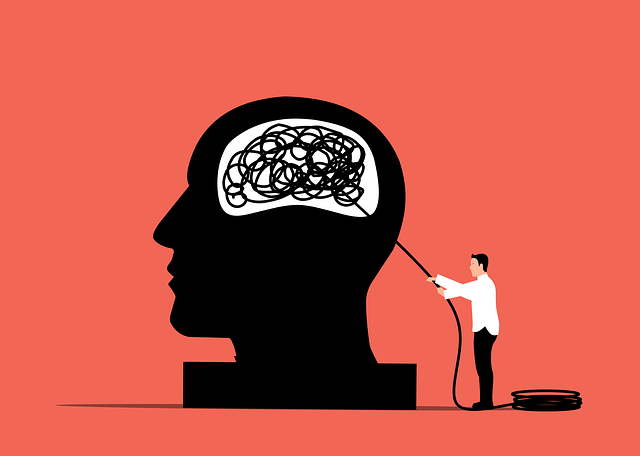In today’s fast-paced world, stress has become an inevitable part of our lives. Whether it’s work-related pressure, financial strain, relationship issues, or health concerns, stress can have a profound impact on our physical and mental well-being. While there’s no way to eliminate stress entirely, there are many effective ways to manage it. In this article, we’ll explore the best strategies for dealing with stress and keeping your mind and body calm.

1 Exercise Regularly
One of the most effective ways to manage stress is through exercise. Physical activity releases endorphins, which are natural mood-boosters that help reduce stress and anxiety. Whether it’s a brisk walk, a yoga class, or a session at the gym, find an activity that you enjoy and make it a regular part of your routine.
2. Practice Mindfulness Meditation
Mindfulness meditation is a technique that involves focusing your attention on the present moment, without judgment or distraction. It has been shown to reduce stress, improve mental clarity, and promote emotional well-being. To get started, find a quiet place to sit, close your eyes, and focus on your breath. When your mind wanders, gently bring your attention back to your breath.
3. Get Enough Sleep
Lack of sleep can exacerbate stress and anxiety, making it harder to cope with daily challenges. Aim for at least 7-8 hours of sleep per night, and establish a consistent sleep schedule to help regulate your body’s natural sleep-wake cycle. If you have trouble falling or staying asleep, try relaxation techniques such as deep breathing or progressive muscle relaxation.
4. Eat a Balanced Diet
A healthy diet can have a significant impact on your mood and stress levels. Eating a balanced diet that includes plenty of fruits, vegetables, whole grains, and lean protein can help regulate your blood sugar and provide the nutrients your body needs to function at its best. Avoid processed foods, sugary snacks, and excessive caffeine, which can cause energy crashes and exacerbate stress.
5. Connect with Others
Social support is essential for managing stress and maintaining emotional well-being. Whether it’s spending time with friends and family, joining a support group, or talking to a therapist, make sure you have a support system in place. Having someone to confide in and share your struggles with can help reduce stress and provide perspective.
6. Practice Time Management
Many of us feel stressed because we have too much on our plate and not enough time to get everything done. Practicing time management techniques such as prioritizing tasks, delegating responsibilities, and setting realistic goals can help reduce stress and increase productivity. Make a to-do list each day and focus on completing the most important tasks first.
7. Take Breaks
Taking regular breaks throughout the day can help prevent burnout and reduce stress. Whether it’s a quick walk outside, a few minutes of deep breathing, or a coffee break with a colleague, find ways to break up your workday and recharge your batteries.
8. Engage in Relaxation Techniques
Relaxation techniques such as deep breathing, progressive muscle relaxation, and visualization can help reduce stress and promote relaxation. These techniques work by calming your body’s physiological response to stress, lowering your heart rate and blood pressure, and reducing muscle tension.
9. Limit Screen Time
Excessive screen time can contribute to stress and anxiety, particularly if you’re constantly checking social media or email. Set limits on your screen time, particularly before bedtime, to help promote relaxation and reduce stress.
10. Engage in Self-Care Activities
Self-care activities such as taking a bath, reading a book, or getting a massage can help reduce stress and promote
